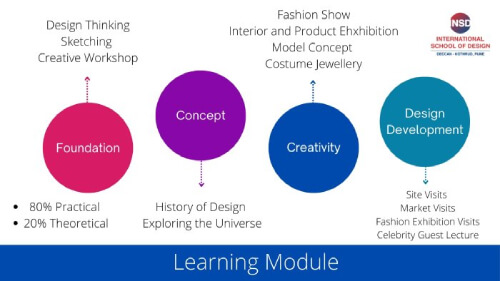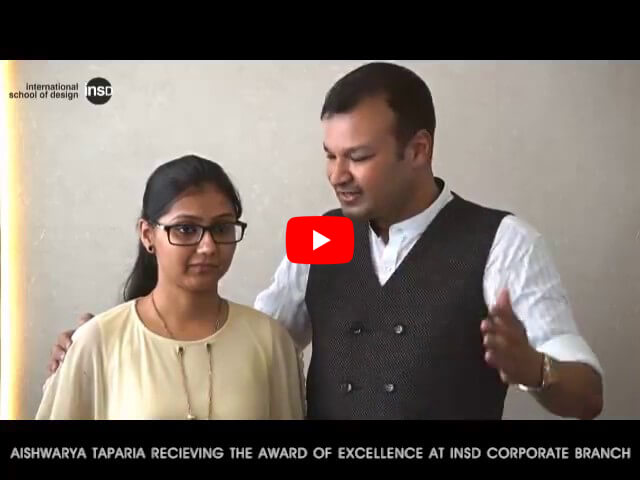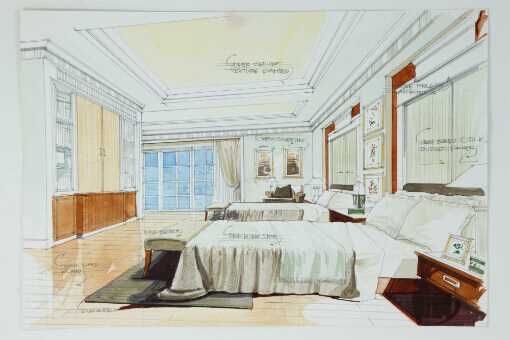Throughout the BVoc in Interior Design course, students will explore the fundamental principles of interior design, including space planning, color theory, lighting, furniture design, and material selection. The curriculum provides a strong foundation in design theory, enabling students to understand the elements and principles that contribute to creating cohesive and visually appealing interiors.
A significant aspect of the program is its focus on practical training. Students will engage in hands-on studio work, where they will apply their design concepts to real-world projects. This includes creating detailed design plans, developing 3D models, and using industry-standard softwares.
The course also covers technical aspects of interior design, such as building codes, safety regulations, and sustainable design practices. Students learn to consider the environmental impact of their design choices and to create spaces that are both energy-efficient and environmentally friendly. This emphasis on sustainability is crucial in today’s design industry, where there is a growing demand for eco-friendly and sustainable interior solutions.
Professional development is another key component of the BVoc in Interior Design program. Students will learn effective communication skills, client interaction techniques, and project management strategies. The curriculum includes courses on business practices in interior design, helping students understand how to run a design practice, manage budgets, and work with contractors and suppliers.
The BVoc in Interior Design program also offers opportunities for internships and industry collaborations, providing students with valuable real-world experience and exposure to the professional environment. These experiences help students build a strong portfolio and network of industry contacts, which are essential for a successful career in interior design.




























